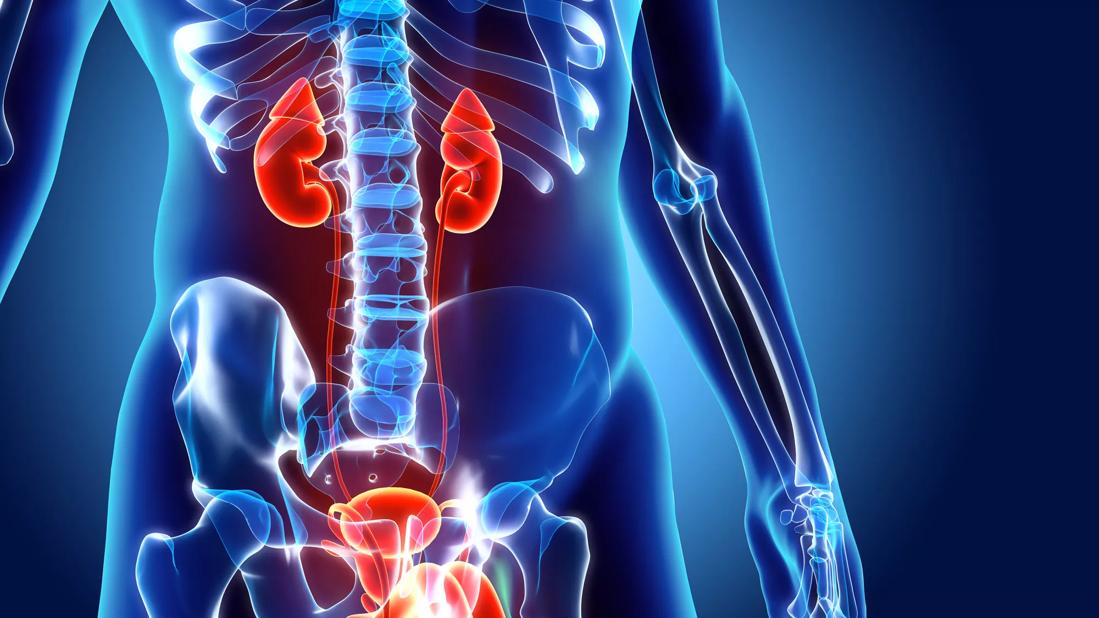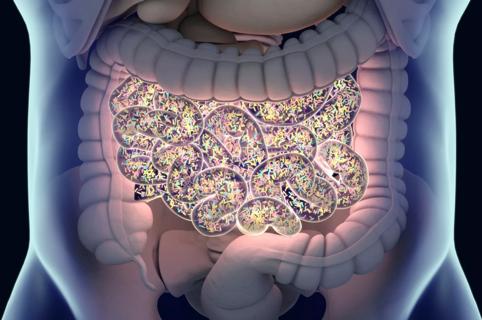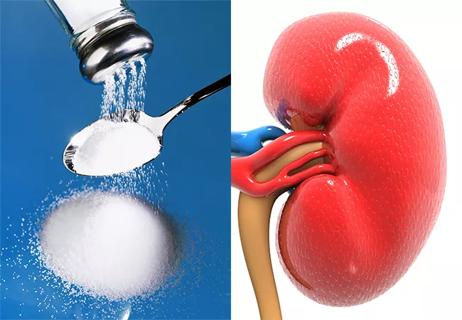Cleveland Clinic nephrologist and site PI distills its significance and offers considerations

The EMPA-KIDNEY trial results were presented at the American Society of Nephrology Kidney Week 2022, adding to a growing body of evidence that shows substantial kidney benefits with sodium-glucose cotransporter 2 inhibitors (SGLT2i) in adults with chronic kidney disease (CKD). These findings were reported in The New England Journal of Medicine.
Advertisement
Cleveland Clinic is a non-profit academic medical center. Advertising on our site helps support our mission. We do not endorse non-Cleveland Clinic products or services. Policy
In the largest trial of SGLT2i in CKD to date, with more than 6,600 patients enrolled from eight countries in Europe, North America, and Asia, this double-blind, randomized trial using empagliflozin evaluated the safety and efficacy of the drug for the treatment of CKD in a broad population of patients. Those with wide-ranging GFRs, levels of albuminuria and varied CKD etiologies were all included.
The study showed a 28% risk reduction of progressive kidney disease or cardiovascular-related mortality compared to the placebo. Further, the trial was stopped early after a median follow-up of two years due to efficacy.
The EMPA-KIDNEY trial reinforces findings from two previous large, placebo-controlled trials showing kidney benefits with SGLT2i and also adds new evidence about its utility in a broader range of CKD patients, including those with diabetic and nondiabetic CKD, GFR down to 20 ml/min/1.73m2 and patients with lower levels of albuminuria. The relative reduction in risk of the primary outcome was greater in people with higher levels of albuminuria at baseline.
The Canagliflozin and Renal Events in Diabetes with Established Nephropathy Clinical Evaluation (CREDENCE) trial used canagliflozin in 4,401 patients with diabetic kidney disease and albuminuria > 300 mg/g and GFR down to 30 ml/min/1.73 m2. The Dapagliflozin and Prevention of Adverse Outcomes in Chronic Kidney Disease (DAPA-CKD) trial used dapagliflozin in 4,304 patients with diabetic and nondiabetic CKD and albuminuria > 200 mg/g and GFR down to 25 ml/min/1.73m2.
Advertisement
A subsequent meta-analysis of 13 placebo-controlled trials by the SGLT2 Meta-Analysis Cardio-Renal Trialists’ Consortium, including more than 90,000 patients (4,967 patients without diabetes in CKD) and published in The Lancet, showed reduced risk of kidney disease progression by 37% with near identical benefits in those with or without diabetes. The risk of cardiovascular death or hospitalization for heart failure was decreased by 23%, which is particularly relevant in CKD patients, as risk for these events increases as estimated GFR decreases.
SGLT2i is now firmly established as an important therapy to prevent kidney disease progression and has both kidney and cardiovascular outcome benefits.
Successive trials have shown benefits in a broad range of CKD patients, including those with and without diabetes. However, efficacy in some subgroups, such as polycystic kidney disease, is still unknown.
EMPA-KIDNEY shows benefits in patients with more advanced CKD than in prior trials, including patients with an estimated GFR down to 20 ml/min/1.73m2, thus widening the patient population that can benefit from this therapy.
With new evidence comes the need to increase awareness and education among healthcare providers and patients about the potential risks and benefits of the therapy. In the case of SGLT2i, this must be strongly considered as a foundational therapy to improve health outcomes in patients with CKD.
*The Cleveland Clinic Department of Kidney Medicine was a site for this landmark trial.
Advertisement
Advertisement

Large-scale joint study links elevated TMAO blood levels and chronic kidney disease risk over time

Screening and medication key to better outcomes

Investigators analyze dysnatremias using the Chronic Renal Insufficiency Cohort (CRIC) Study

New retrospective analysis of clinical trial data provide some reassurance regarding the safety of aspirin in patients with CKD

One pediatric urologist’s quest to improve the status quo

First single-port renal vein transposition reduces recovery time and improves outcomes

Consider each patient's unique disease progression and treatment goals when choosing a strategy

First full characterization of kidney microbiome unlocks potential to prevent kidney stones